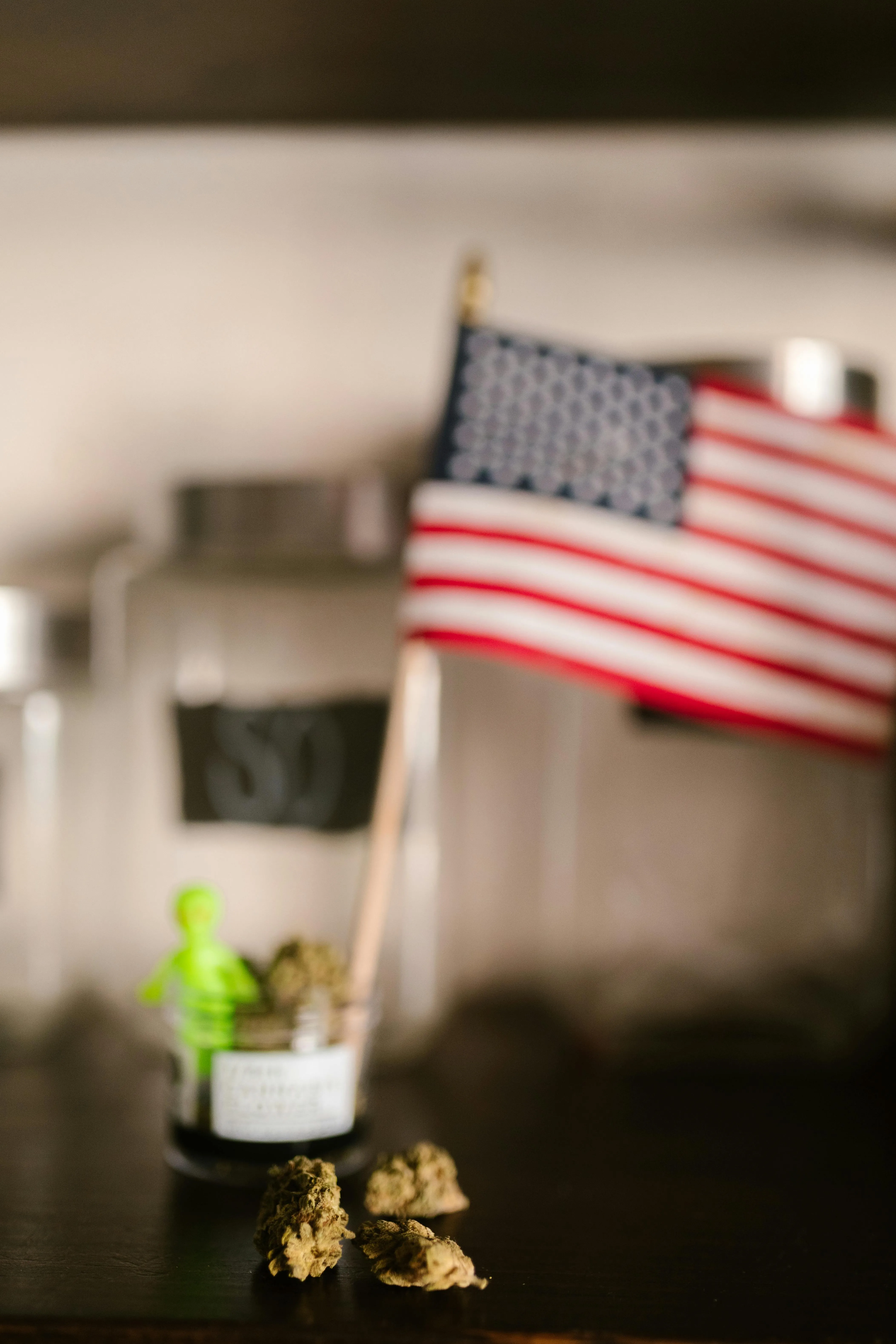Grandma Knew Best: Exploring the World of Herbal Remedies
For centuries, humans have turned to nature for healing and well-being. Long before modern medicine emerged, herbal remedies were the go-to solution for everything from a simple headache to more serious ailments. Today, while pharmaceuticals dominate the healthcare landscape, there’s a growing resurgence of interest in natural therapies, with herbal remedies taking center stage.
But what exactly are herbal remedies? Simply put, they harness the power of plants and their various components – leaves, flowers, roots, stems, and even seeds – to promote health and address specific ailments. These remedies often come in forms like teas, tinctures, capsules, or essential oils, each offering a unique way to benefit from nature’s pharmacy.
So why are herbal remedies gaining popularity again? Several factors contribute to this trend:
* Holistic Approach: Many people seek a more holistic approach to health, focusing on treating the whole person – mind, body, and spirit – rather than just addressing symptoms. Herbal remedies often align with this philosophy, working in synergy with the body’s natural healing processes.
* Gentle Effectiveness: Unlike some pharmaceuticals that can have harsh side effects, herbal remedies are generally gentler on the body. They tend to work gradually, supporting overall well-being instead of simply masking symptoms.
* Accessibility and Affordability: Herbs are often readily available and more affordable than many prescription drugs, making them a viable option for those seeking natural solutions without breaking the bank.
Now, let’s delve into some popular herbal remedies and their potential benefits:
Chamomile: This calming herb is famous for its soothing properties. A cup of chamomile tea before bed can help relax the mind and body, easing anxiety and promoting restful sleep.
Lavender: Known for its sweet aroma, lavender has a long history of use in aromatherapy. It’s believed to have calming effects on the nervous system, reducing stress and anxiety. Lavender oil can be used topically or diffused into the air.
Echinacea: This powerful herb is often touted as an immune booster. Studies suggest that echinacea may help reduce the severity and duration of colds. It’s commonly taken in tea form or as a supplement.
Ginger: Ginger has been used for centuries to soothe digestive discomfort. It can be helpful for nausea, motion sickness, and indigestion. Enjoy ginger tea, chew on crystallized ginger, or add fresh ginger to your meals.
Turmeric: This vibrant yellow spice is packed with curcumin, a powerful anti-inflammatory compound. Turmeric may help alleviate pain associated with conditions like arthritis and osteoarthritis. Add turmeric to your dishes or take it in supplement form.
* Important Note:* While herbal remedies can be beneficial, it’s crucial to remember that they are not a substitute for professional medical advice. Always consult with a qualified healthcare practitioner before using any herbal remedy, especially if you have pre-existing health conditions or are taking medications. They can help determine the appropriate dosage and potential interactions.
Embracing the world of herbal remedies can be an empowering step towards taking control of your own well-being. Remember to approach them with respect, do your research, and always prioritize safety through informed choices. Happy healing!